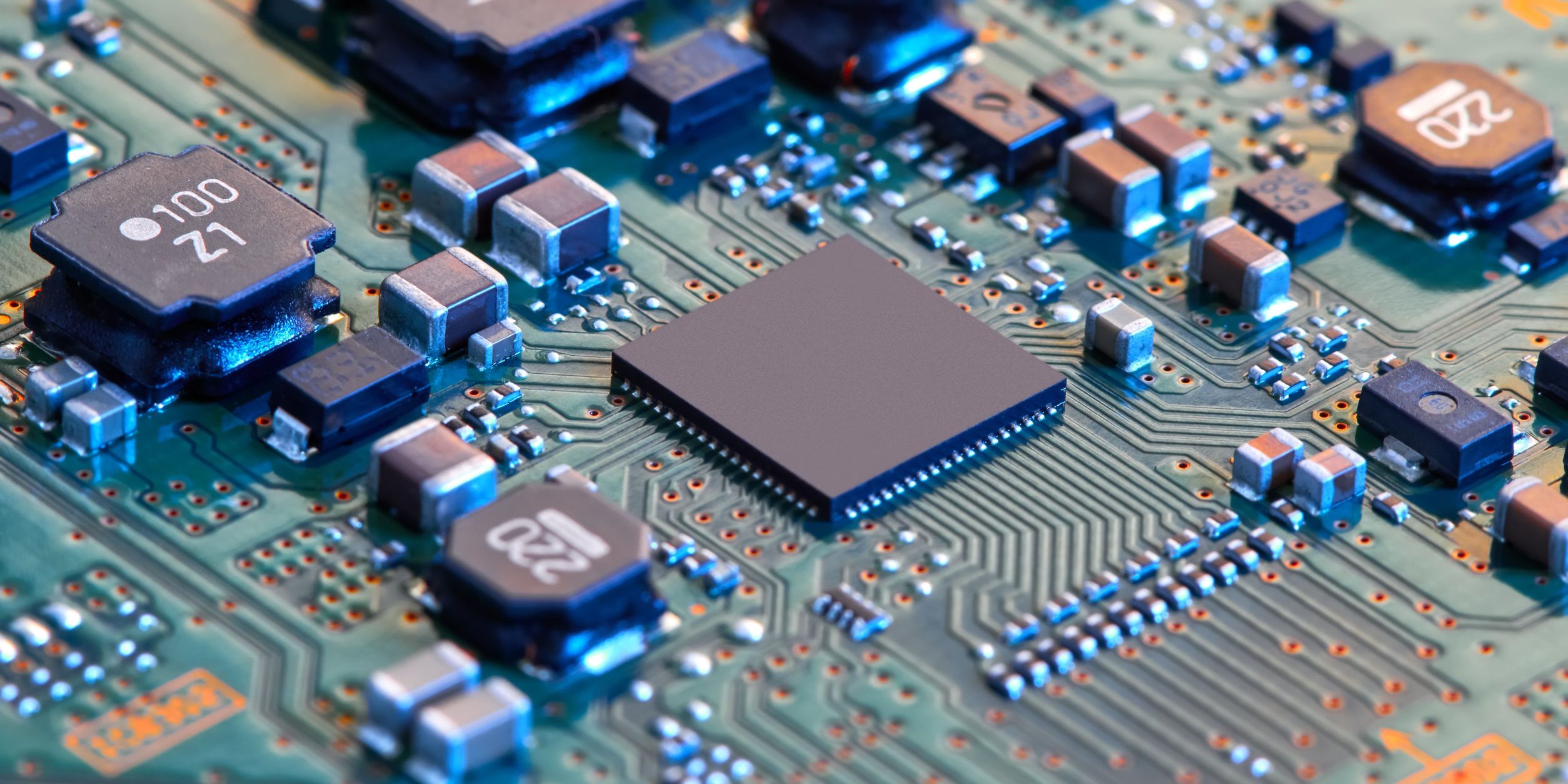How Electronic Manufacturers Can Survive the Impact of COVID-19 on the Printed Circuit Board Market
An IPC survey in March 2020 revealed the impact of the COVID-19 pandemic on electronics manufacturers, particularly in the area of PCB fabrication. About 69 percent of IPC members have reported delays in shipments as advised by their suppliers, and these delays just keep on growing even up to three weeks, on average.
The delays in movement within the PCB market are expected to have a chain reaction across the electronics manufacturing industry, leading to factory downtime, transportation bottlenecks, delayed prototyping, and ultimately, delayed sales.
Because of this, there will be a shortage of raw materials and components, while the demand for electronic gadgets will increase. This happens as more people rely heavily on internet technologies to connect with loved ones and the rest of the world, in addition to finding things to do with all the free time they have because of the lockdowns.
Despite these challenges, EMS and large OEM companies need to find ways to protect their manufacturing pipeline. Here are two practical steps electronics manufacturers can take to survive the supply chain disruption caused by the Coronavirus pandemic in the PCB market:
Build Your Network Of Backup Suppliers/Manufacturers
Prepare a list of different manufacturers, especially the ones in your local area. This way, you’ll have available options should you encounter COVID-19 related problems with your regular supplier, especially when they’re offshore.
Make sure that the manufacturers you choose will be able to supply you with the same services and supplies that you’re currently receiving. This ensures the continuation of your company’s workflow. They should also be able to cover your mass production, prototype, and NPI (New Product Introduction) needs.
Should there be a need to switch manufacturers, you must have the updated contact information at hand, should the worst possible scenario happen.
Enroll Staff In IPC 7711 Certification Programs
PCB contains expensive components. If the final assembly/product doesn’t work, you can’t start over. The choices you’re left with is either fix it before shipping to the customer or send it to the trash. It will cost you significantly, either way.
Luckily, there is a third option in the form of the IPC 7711 certification program, which allows your company to save money by giving you the ability to fix the assembly in-house. The IPC 7711 is the rework portion of the IPC 7711/7721 standard. It is focused on how to properly remove and replace SMT (Surface Mount Technology ) and PTH (Pin Through Hole ) components on PCB doing the least amount of damage possible. Reworking the assembly is required when a component is moved, or in the wrong spot, the polarity is wrong. In some cases, the wrong component might’ve been placed on the board.
When you have a CIT (Certified IPC Trainer) in your company, they can teach operators in the assembly line, industry-approved techniques based on the IPC-7711C/7721C document. And in turn, when your operators know how to rework products that do not meet requirements, you have little to no waste of circuit boards, because the rejected assemblies can still be salvaged.
***
The best way to fight the effects of the pandemic in the PCB market is to make sure that your company doesn’t waste any PCB by restoring costly electronics assemblies. The greatest asset of the IPC 7711 certification program is its ability to save an EMS company money and time during a pandemic when raw materials and components are potentially scarce.






